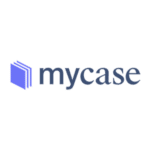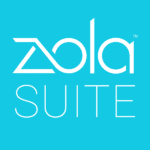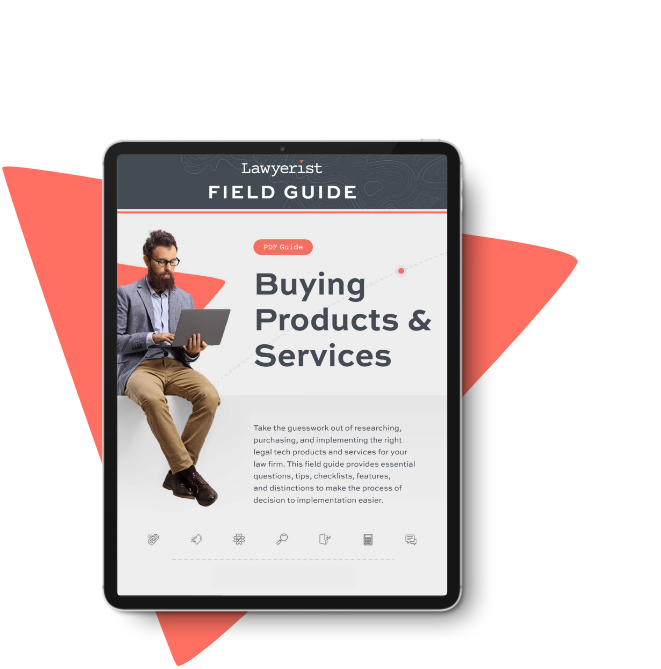CosmoLex Review: Law Practice Management Software

Lawyerist Rating for Cosmolex
Rating Breakdown
Our Rating: 4.5/5
Our rating is based on our subjective judgment. Use our resources—including our rating and community ratings and reviews—to find the best fit for your firm.
Community Rating: 3.3/5 (based on 3 ratings)
The community rating is based on the average of the community reviews below.
Composite Rating: 4.1/5
The composite rating is a weighted average of our rating and the community ratings below.
4.1/5
What is CosmoLex?
CosmoLex is a cloud-based practice management software with a robust feature set that includes a complete law-firm accounting package. CosmoLex’s accounting features mean you don’t have to deal with migrating information to and from a general-purpose accounting software package like QuickBooks or Xero. And, with the single-tier pricing, users get a lot of bang for their buck.
Starting Cost: $89/user/month
- True All-in-one
- Timekeeping & Billing
- Advanced Trust Accounting
- Limited Intake
- Complex Initial Set-up
- Lack of Integrations
CosmoLex Review: Law Practice Management Software Features
Customer Experience & Support
/5
Price & Value
/5
Security
/5
Innovation & Future-Proofing
/5
CosmoLex Review: Law Practice Management Software Demo
CosmoLex Review: Law Practice Management Software Video
https://fast.wistia.com/embed/medias/gpwz0sjzzx.jsonp




Just left CosmoLex
CosmoLex has a great idea to integrate the GL and MMS, but the execution is flawed and clunky. There are too many pulldowns and checkboxes and eccentricities that hinder the great features. For example, email capture is great, and you could review the billable time from inside of the captured email. Still, it was impossible to go the other way and look at an invoice online and then get to the email for which you have billed from the billable time. We ended up inventing an elaborate description to include the date/time stamp of the email so we could trace it back.
Also, customer service was not impressive. The service reps always seemed to take a very ambivalent approach, so much so that we just gave up calling. I think they were probably happy to get rid of us, which is a valuable lesson for me in picking a vendor. Find that level of service that you need; don’t settle for less.
We switched to MyCase plus a cloud accounting system where it’s still a challenge to get things done, but it’s half the price, and MyCase doesn’t promise things it can’t deliver. I’m using the features of MyCase more than I ever did on Clio or CosmoLex, too, like tasks and client intake. My clients avoided the client interface on CosmoLex, but they use the MyCase interface daily.
We tried to make CosmoLex work, but in the end, it felt like we were feeding a giant machine that never gave us useful business data back and cost us a ton of time in lost productivity.
4.7 Rating - Great to have accounting and case mgmt combined
The main reason I like Cosmolex over Clio is that it handles my accounting too. I can link expenses to a matter to be reimbursed by the client. That way, the money I receive from the client is properly separated into reimbursements v. income. It integrates with Law Pay so that once I send the invoice, I don’t need to check back to see if the client has paid – it will automatically update as such once the client does so. I like having the accounting and case mgmt all together in one platform so I don’t have to purchase a separate software system for accounting.
The one downside is that if you want a bookkeeper- you need one who knows how to use Cosmolex. I haven’t started a bookkeeper yet because I want to understand exactly how everything works and comes together for this year’s books before turning it over to someone else. They do, however, have a list of accredited bookkeepers who have completed the necessary training, and I’m sure I’ll engage one of them in the coming year.
For both Clio and Cosmolex, I can always talk to a technician/helper anytime I want. This is big for me because I am really forgetful of how to do software tasks right. Clio also has the chat feature with someone always available and I can always call someone with Cosmolex, so they tie on this measure.
Robust Features